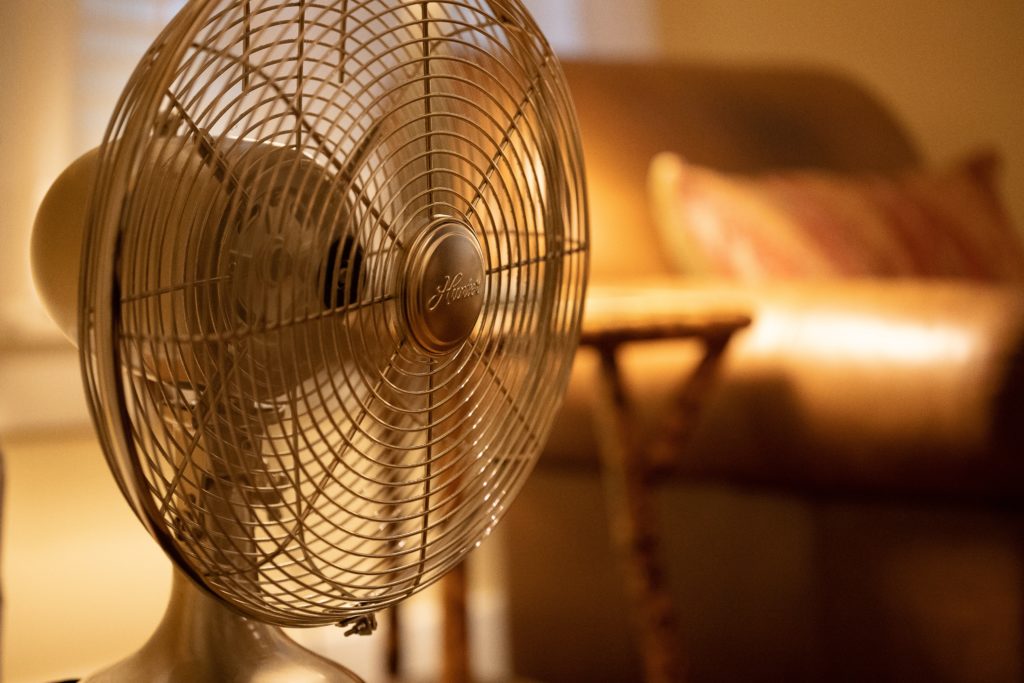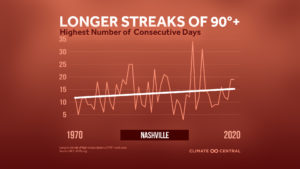
The Tennessee Valley Authority is asking its customers to turn up the thermostat and skip afternoon laundry as temperatures climb above 90 degrees this week.
High temperatures increase electricity demand while also making transmission lines less effective at carrying power. These impacts can lead to rolling blackouts and even damage the grid. If the heat is really bad, the metal in power lines can expand, sag and hit a tree, potentially causing a fire.
Energy experts say fixing these problems requires massive changes, like modernizing the grid and using energy efficiency — while rapidly transitioning to renewable energy and broad electrification.
But, in a pinch, utilities are requesting energy conservation, which relies on people changing their everyday behaviors to lower the demand for power.
Common ways to reduce energy consumption include:
- Turning off non-essential lights and use small lamps instead of overhead lighting
- Turning off all unnecessary electronic devices
- Raising the thermostat by a few degrees
- Closing window shades and blinds
- Using the stairs
TVA recommends that people use ceiling and portable fans to circulate air instead of lowering thermostat temperatures. Also avoid using ovens, clothes dryers, dishwashers and other large appliances during “peak hours,” which are generally from about 2 p.m. to 6 p.m. during summer months.
These steps are good energy and cost-saving practices, but utilities could also change their behaviors, according to Maggie Shober, research director at the Southern Alliance for Clean Energy.
“I know when the alternative is rolling blackouts that the utility needs to use every lever it has,” Shober said, “but it also comes off as completely disingenuous when TVA leadership has completely rolled back energy efficiency and distributed solar programs that would make our grid more resilient for exactly these times.”
In 2020, TVA cut its Green Power Providers program, which allowed homeowners and businesses with solar panels to sell excess electricity back to the grid. The utility also discontinued its efficiency rebate programs after 2018.
Heat waves are increasing
Extreme heat is increasing because of climate change caused by the burning of fossil fuels and deforestation. Most U.S. cities, including Nashville, are experiencing longer heat streaks of 90 degree-plus weather.
Energy efficiency programs can lessen these situations, and they can defer the construction of new power plants reserved for use during peak times, according to the Department of Energy.
It would be cheaper to pay people to lower or change demand than it is to pay for a power plant that turns on for as little as 20 hours per year, according to Daniel Tait, executive director at Energy Alabama.
TVA said it met a June peak record of 31,311 megawatts on Monday and expects higher power demands during this heat wave.


